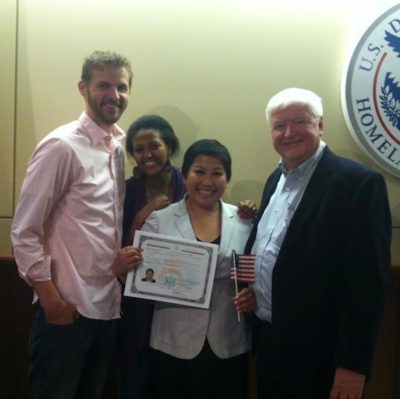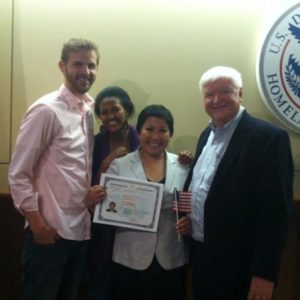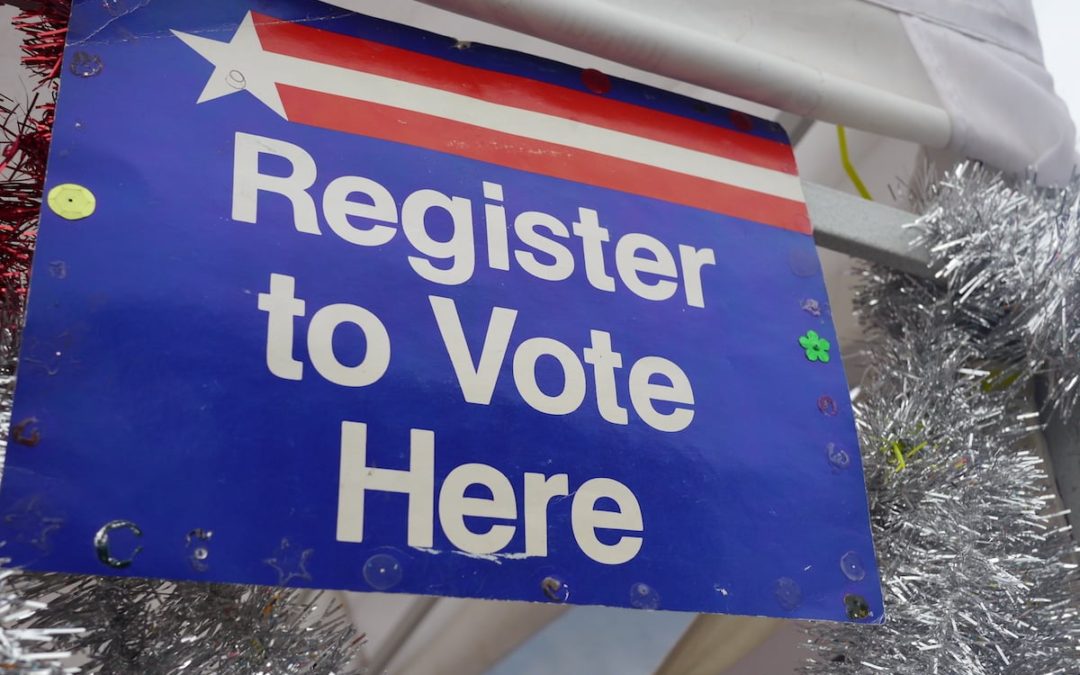
8 Facts You Didn’t Know About Voting in Washington State
Voting! You turn 18 and BAM! Everyone you know is doing it.
In this case, I think we’ll all agree that a little peer pressure is a good thing. You vote, but how much do you know about it? Here are a few quick facts to get you started.
1. Women didn’t have the vote in Washington State until 1910.
And that was progressive! Here’s to 104 years of gals with ballots. Being the 5th state to o grant those rights, the rest of the country didn’t catch up until 1920. Women nearly had the vote in 1854, but the movement was overturned by one vote. Sometimes one vote can make all the difference.
2. The first Washington State voters pamphlet was published in 1914.
Nowadays, the pamphlet is distributed to 3,000,000 households for voting in the General elections. Here’s to 100 years of non-spam, informative mail!
3. Before 1971, the voting age was 21.
In 1971, the Constitution was amended for the 26th time and the voting age was changed to 18 across our fair country. Why you ask? The Vietnam War. People were getting a little riled up about the fact that you could be put in the army at 18, but you couldn’t use your civil liberties to make your voice heard in politics.
4. The average age of an off-year, primary voter in Washington is 62.
Do you remember what you were doing in July and August of 2013? I know your grandparents do. So remember as you cast your ballot this November – there’s an election, every year, two or three times per year. (And yes, each one is important definitely counts.)
5. Washington State is one of two states to be completely vote by mail.
Since 2012 there are absolutely 0 polling locations in the Evergreen State. Ballots are sent out about two and a half weeks before the election. Voters have until the first Tuesday in November (#ElectionDay #Nov4th2014) to either mail their ballots in, or find their nearest ballot dropbox.
6. Voters are increasingly identifying as Independent.
This really depends on whom you ask, and at what time, since people tend to identify differently closer to election time and in off years. However, in an Elway Foundation study looking at a 20-year average, almost 40% of voters identified as independent.
7. In 2012, Washington State had the highest voter turnout in the nation.
Issues such as Referendum 74 (legalization of same sex marriage) and Marijuana Legalization, plus the fact that it was a presidential election year, drew a record number of voters to the polls.
8. In 2013, voter turnout was the weakest in a decade.
This was despite ballots being mailed out to every voter, making it more convenient to vote by mail. Let’s all forget this happened and make 2014 so much better.
Let’s make 2014 another record year. You should have received your ballot by now. If you haven’t, contact your county elections department ASAP for a replacement. You can find that information here.
Otherwise, pull that ballot out from under all those magazines on your kitchen table, whip out a blue or black pen, get busy filling in what may seem like a multitude of little circles, stick a stamp on that baby, and march out to your mailbox to exercise your civil liberties (and your legs).
Go. I said go. Yes now. Or at least by November 4th. Happy Voting, y’all.
This blog post was written by Leila Reynolds, sophomore at the UW and Volunteer Coordinator with the 2014 Fall Internship.

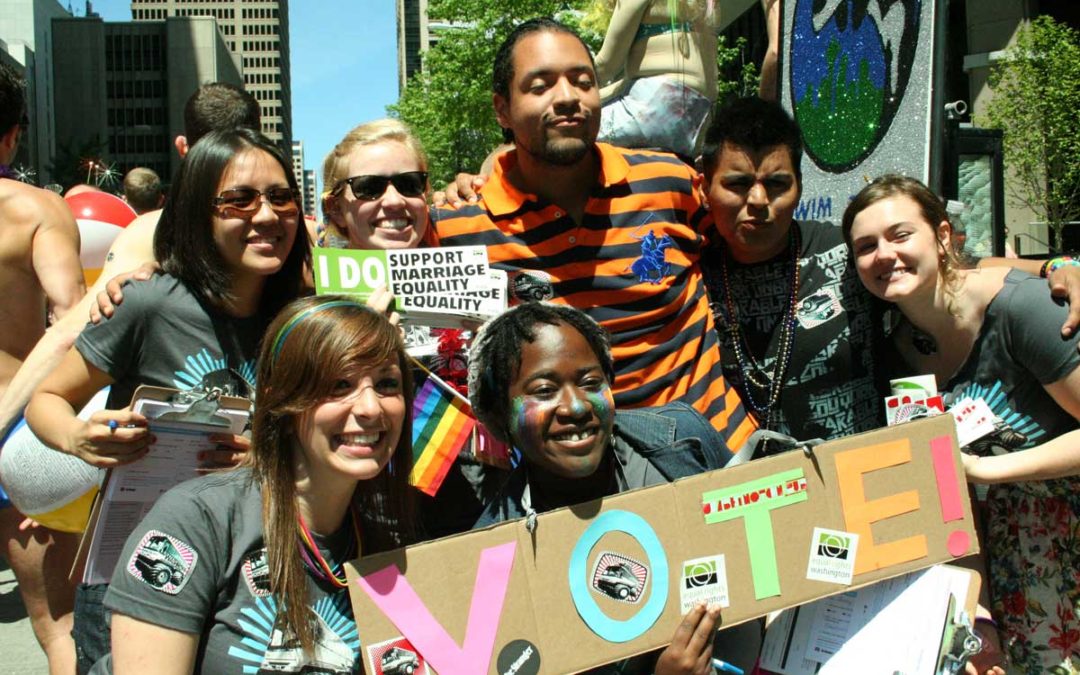
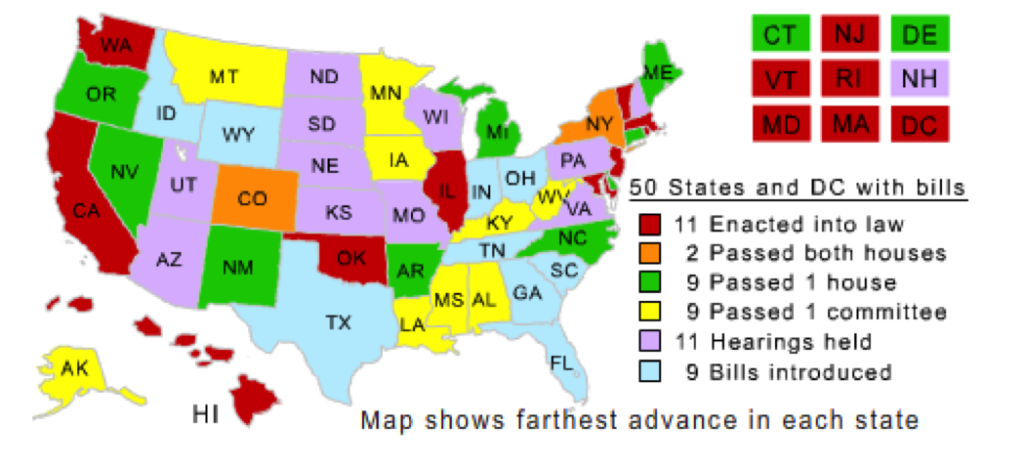
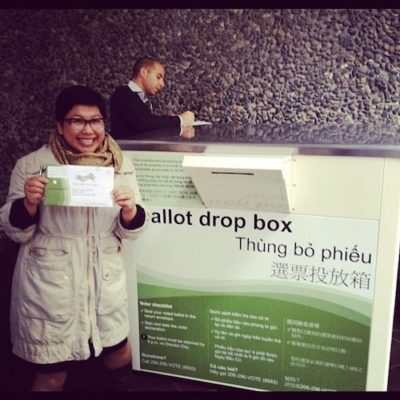
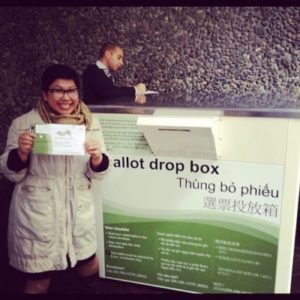
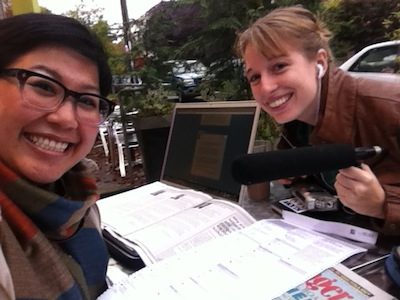
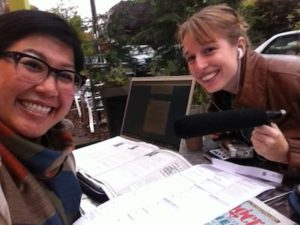 It’s less than a week until Election Day (Nov. 6), and a second Voters’ Pamphlet greeted me when I opened my neglected mailbox after my week away. They call this one, the King County Local Voters’ Pamphlet, apparently it’s different than the State of Washington Voters’ Pamphlet I’d received the week prior. Most of my more experienced-voter friends have already posted
It’s less than a week until Election Day (Nov. 6), and a second Voters’ Pamphlet greeted me when I opened my neglected mailbox after my week away. They call this one, the King County Local Voters’ Pamphlet, apparently it’s different than the State of Washington Voters’ Pamphlet I’d received the week prior. Most of my more experienced-voter friends have already posted 